Schoolchildren Congress within the framework of XIV EEYF
On the first day of the XIV Eurasian Economic Youth Forum, schoolchildren presented their research projects.
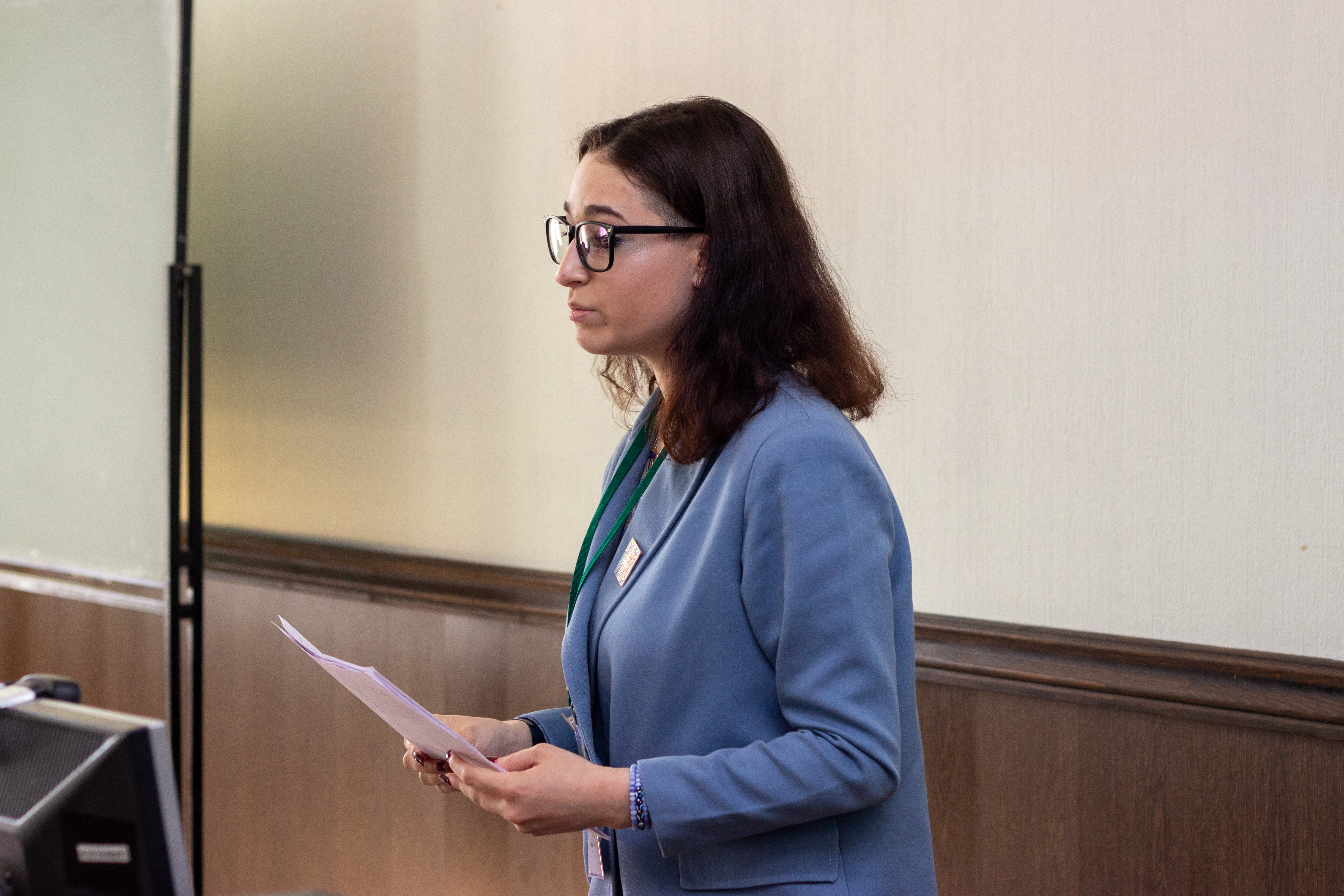
USUE rector Yakov Silin addressed 130 finalists from all over Russia and the CIS countries with words of encouragement before they started defending their projects: “We welcome those who were not afraid to take part in the competition, who submitted their papers, and who received appraisals from researchers. Maybe they don’t always coincide with your opinion, but your willpower, desire, aspiration to participate and develop are the most important things!”
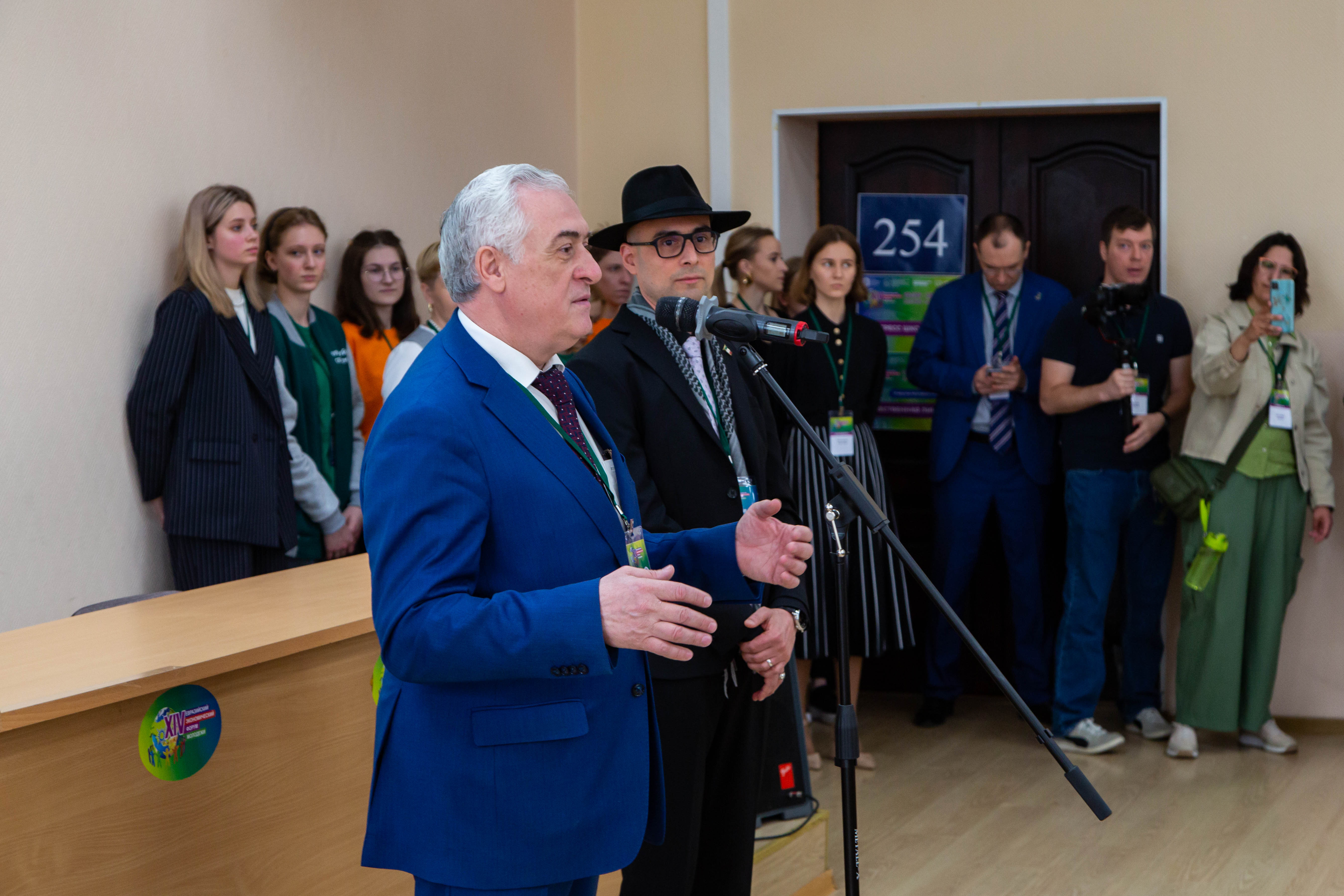
Students’ works are presented in three sections: Sociocultural Relations, Computer Genius, and Tasty. Healthy. Biotechnological. Here there are more details about some projects:
Vitamins for astronauts
“We learned about this congress for the first time, and its scale is amazing,” a teacher at Omsk State Pedagogical University, Natalya Gapanovich, explains. She brought students from the Academic Lyceum of Omsk State Pedagogical University. “We submitted six papers by students of seventh to eleventh grades, and today two works by my eighth-grade students were presented at the conference. The girls researched the theme of macro- and microgreens.”
One schoolgirl from Omsk conducted a study on how useful it is to grow microgreens in Western Siberia and eat them. The second 8th- grade student tried to reveal the benefits of various macro- and microgreens for the human body.
“This topic is relevant both in the context of healthy eating and in connection with human space flights. Growing food that provides vitamins on the ISS will be very convenient in the future,” Natalya Gapanovich said.
Vegetable ice cream instead of buns
Yaroslav Pleshakov, a ninth-grade student at Lyceum 135 in Yekaterinburg, presented a work related to healthy nutrition at school. “Everyone has a stereotype that something sweet is always added to ice cream: berries or chocolate,” explains the junior researcher. “You can make the delicacy healthy if you use pumpkin, zucchini, cucumber, and so on as the filling. It would be a good idea to use this treat to replace what is sold at school canteens: most often these are buns, which are far from being healthy food.”
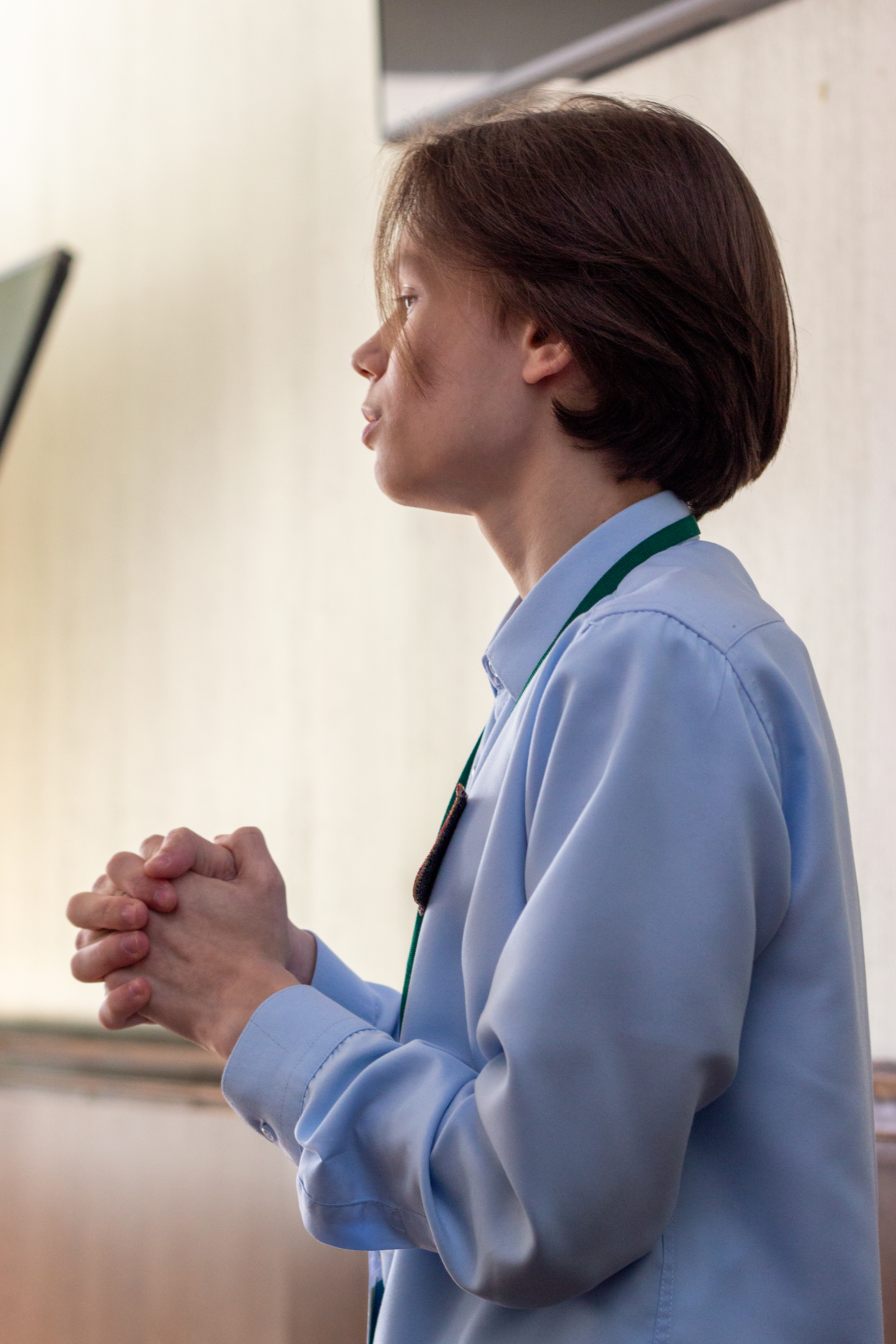
Before developing his ice cream, Yaroslav went on an excursion to a refrigeration plant, where he paid attention to the sequence of actions in the production of this delicacy. The young man then experimented in the school laboratory using various freezing methods. Although the project itself is related to biotechnology, Yaroslav still plans to realize himself in the future in the IT field and wants to enter faculties that train such specialists.
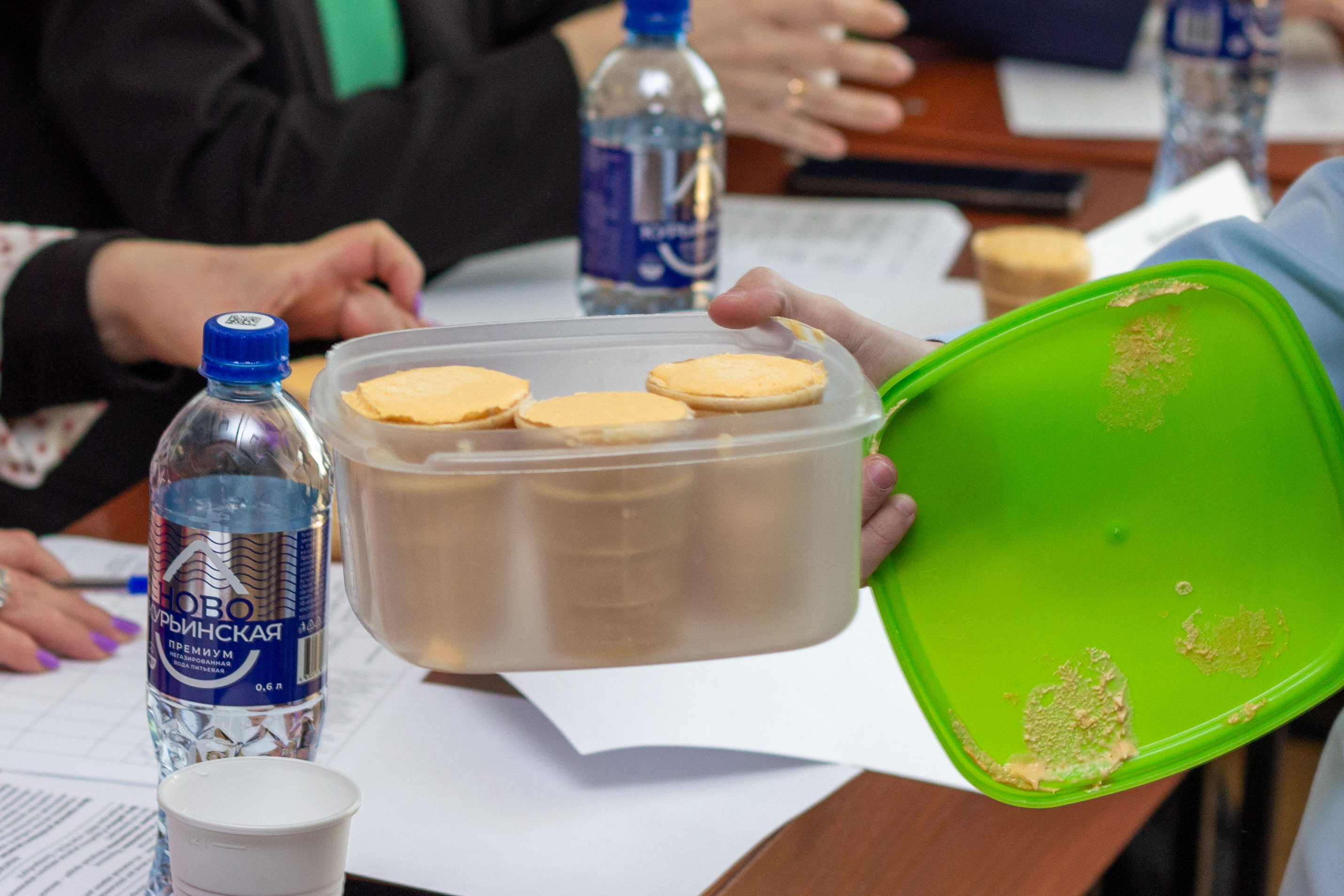
The Japanese language in the application
Irina Tsaplya, a student at Secondary School No. 100 in Nizhny Tagil, presented an unusual project. The girl has developed an application that helps learning Japanese. Irina “trained” a program that gives various tasks for memorizing hieroglyphs. The tasks appear as pictures on the screen, and a student needs to select the symbol that matches the situation. After completing the exercise, the system tells you which answers were correct and which were wrong.
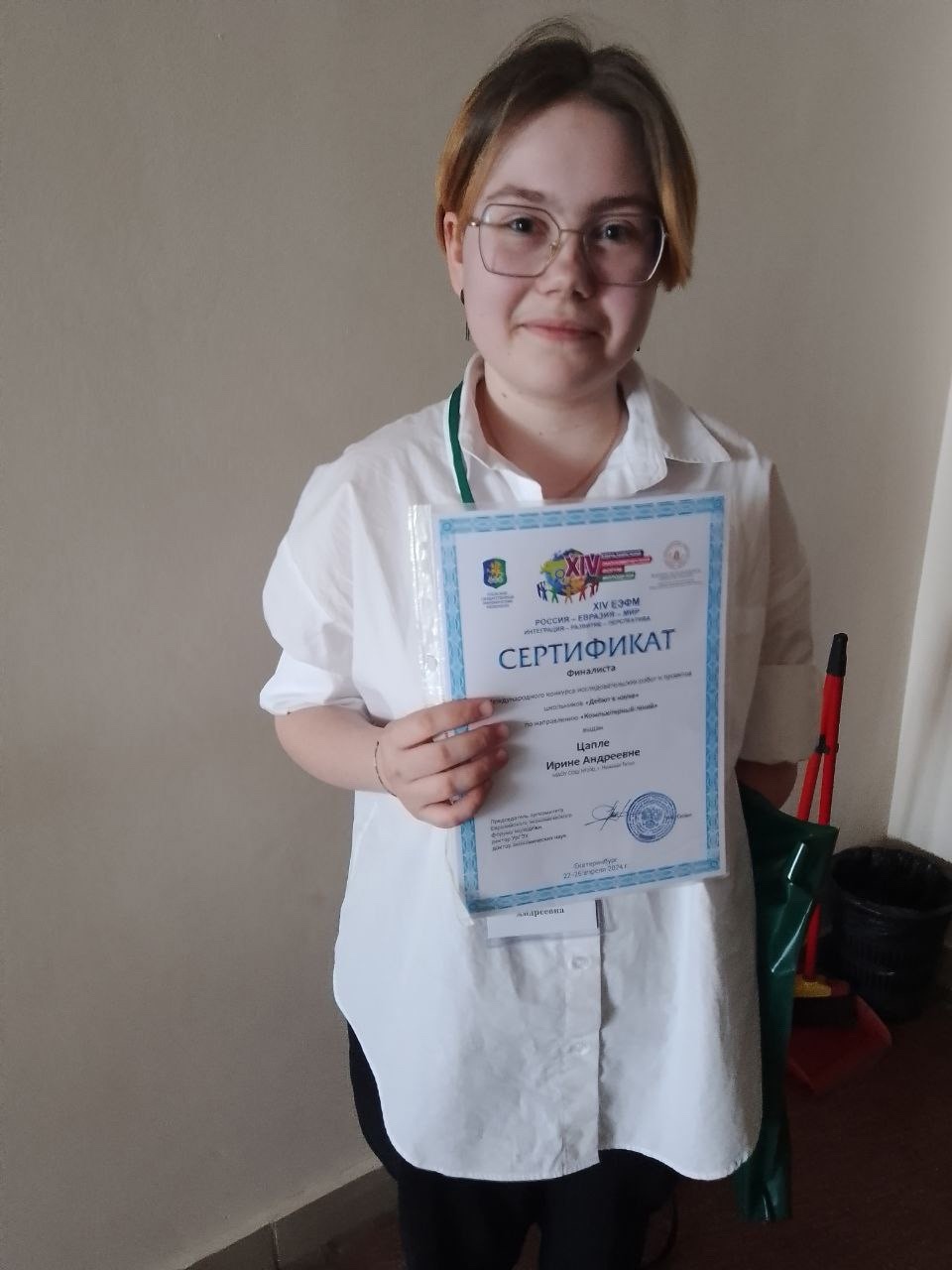
“I am interested in Japanese artists, authors of manga, anime and books. That’s why I wanted to learn Japanese,” Irina Tsaplya says. “Since there are no teachers of this language in our city, I began to look for video lessons on the Internet. However, remembering hieroglyphs is quite difficult, so I developed an application that helps beginners. It took me about a month or even a little less to design and develop it. And now I already have my first users!”
According to congress experts, a distinctive feature of this year’s works is they are practice-oriented. Schoolchildren check the quality of honey, create training games for memorizing the multiplication table, build a business plan for creating porcelain dolls, and come up with new ways to learn English. The competition is of particular importance for 11th - graders. At stake is the title of laureate of the Eurasian Economic Youth Forum and 5 additional points to the Unified State Examination results for admission to USUE.
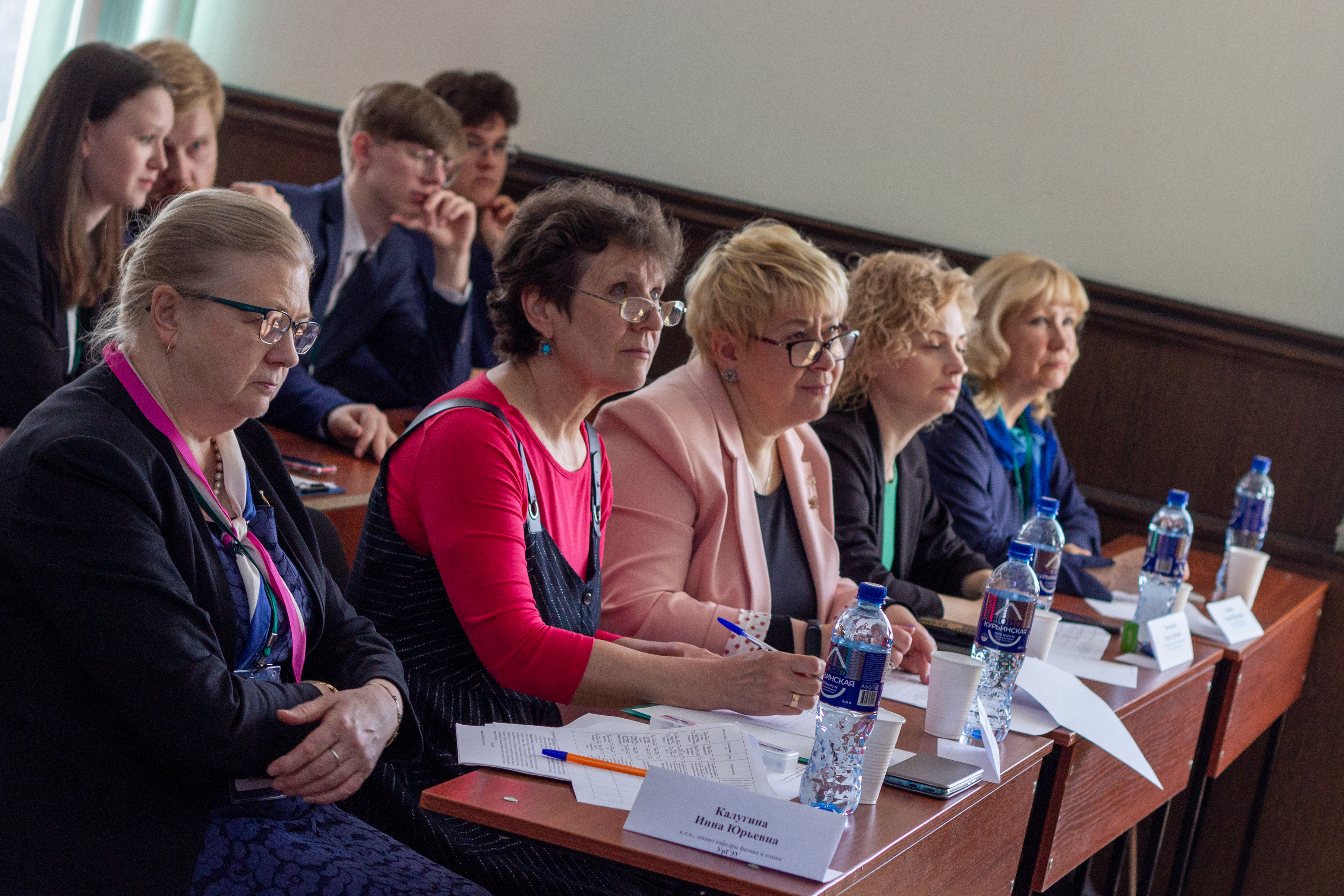
“We received 345 applications from children from the Sverdlovsk, Chelyabinsk, Kurgan, Tyumen, Orenburg regions, Khanty-Mansi Autonomous Okrug, the Republic of Udmurtia, Primorsky Krai, and Kazakhstan. The 130 best studies reached the finals. This year, the most popular area for research has become food technology,” Ekaterina Pastushkova, the coordinator of the Schoolchildren Congress, head of the USUE Office for Career Guidance Counseling, said.
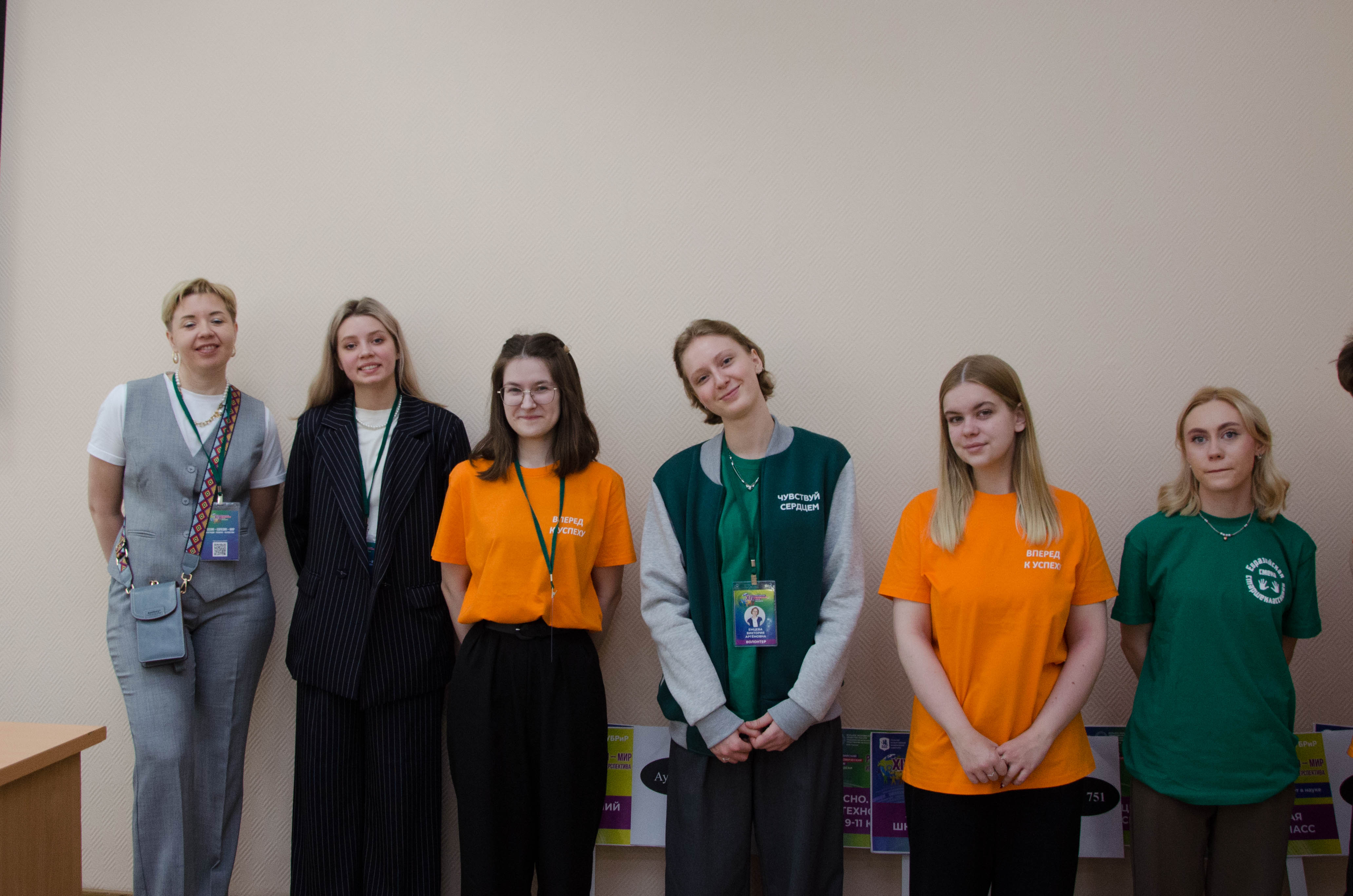
The awards ceremony for the winners of the Schoolchildren’s Congress will take place this evening.
